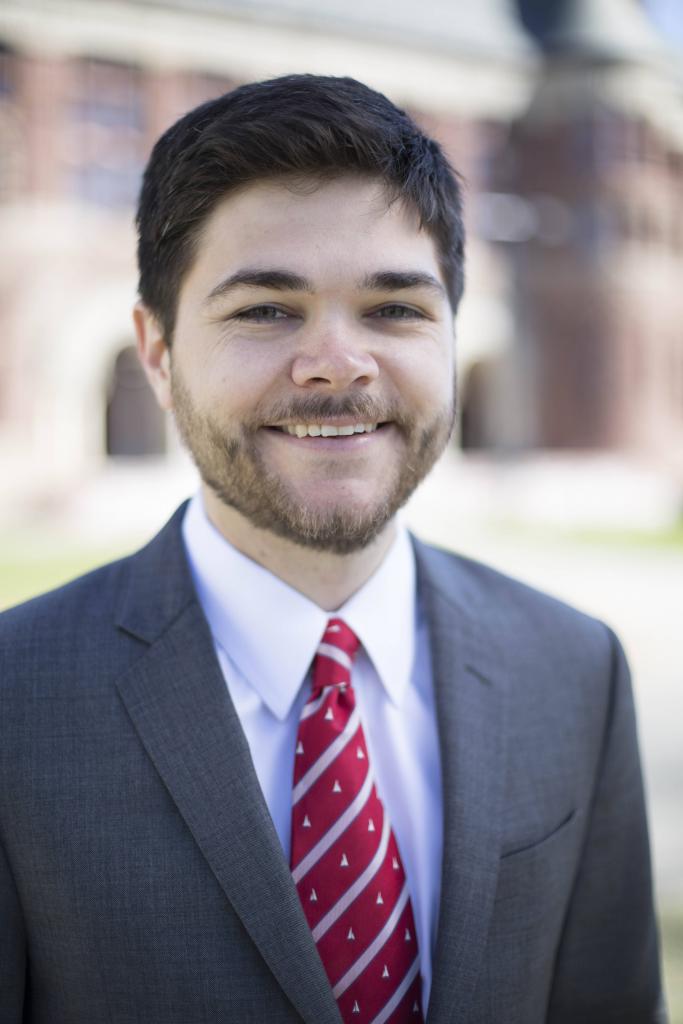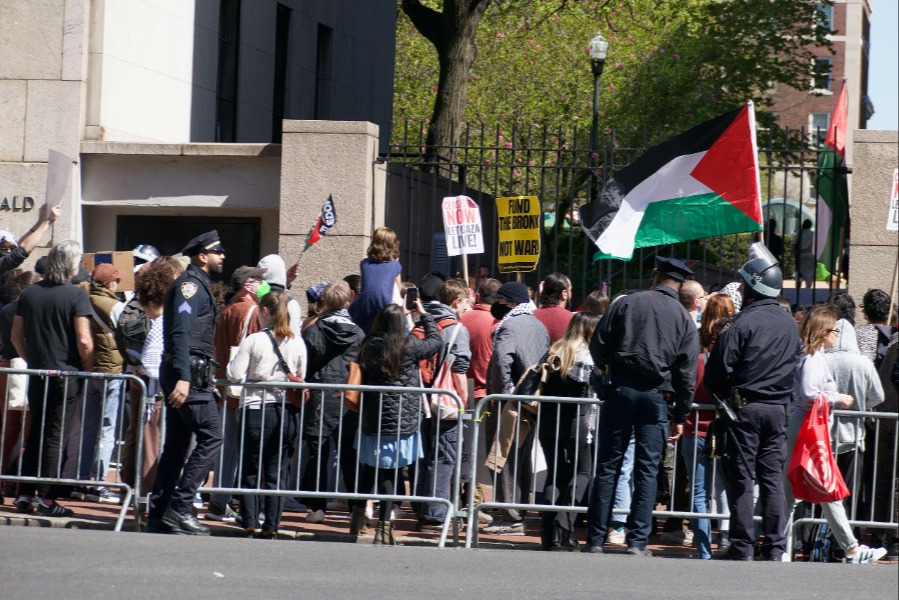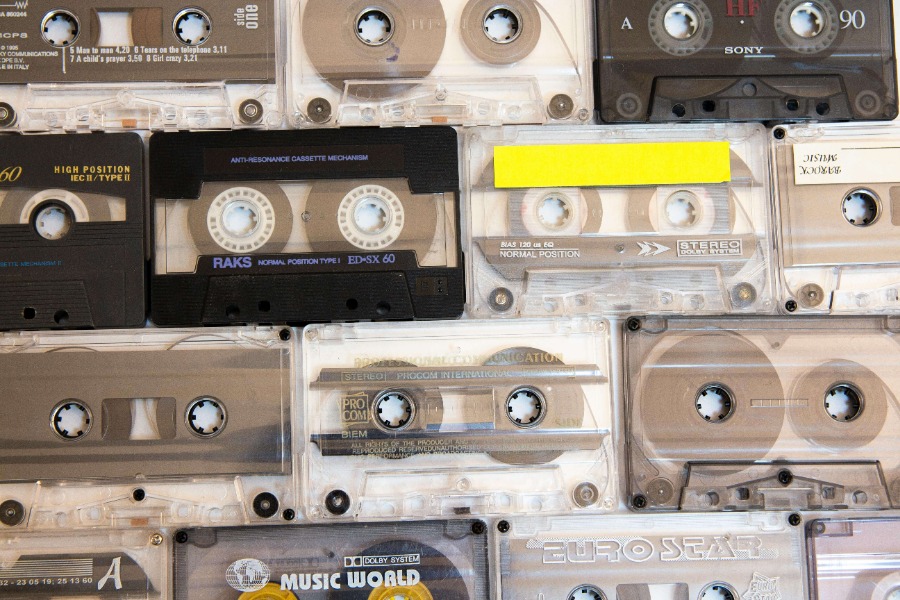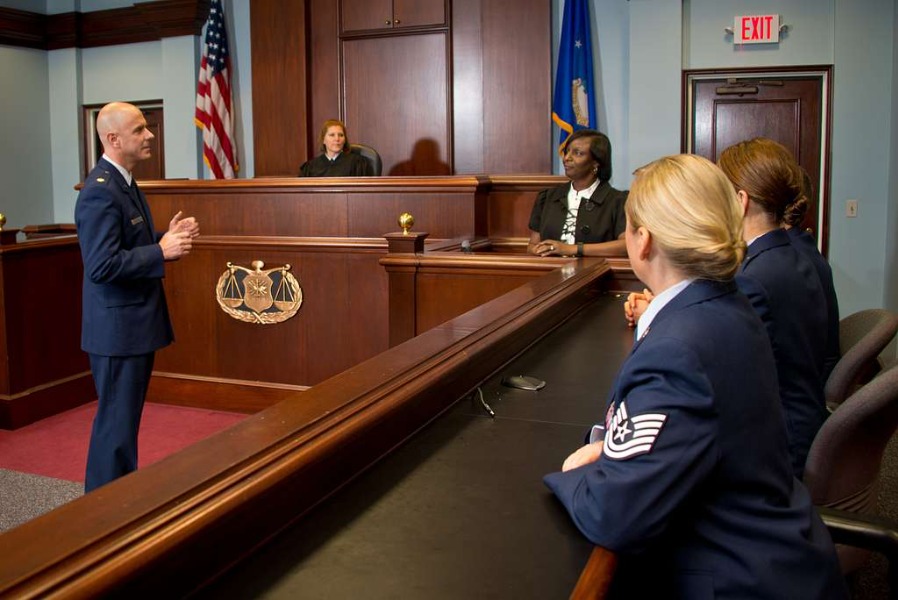Settling for More: The NYPD’s New Oversight Deal
On Monday, the New York Police Department agreed to a revised class action settlement that it hopes will put to rest litigation surrounding the Department’s surveillance of Muslims.
Published by The Lawfare Institute
in Cooperation With

On Monday, the New York Police Department agreed to a revised class action settlement that it hopes will put to rest litigation surrounding the Department’s surveillance of Muslims. The litigation arose after the NYPD’s surveillance practices were exposed in a series of Pulitzer Prize-winning Associated Press articles in 2011. Last October, the presiding federal judge, Charles Haight, Jr., rejected a proposed settlement, saying it did not provide sufficient oversight over the NYPD. I discussed the background of this case and the rejection of the previous settlement proposal in a Lawfare post available here. This post will give a brief recap, describe Judge Haight’s suggested revisions, and examine how the parties incorporated those revisions in their new proposal.
Background Recap: Handschu and Raza
The rules by which the NYPD investigates political and religious activity stem from a 1985 class action settlement in Handschu v. Special Services Division, which outlined oversight reforms that became known as the “Handschu Guidelines.” Those Guidelines were modified in 2003, after the NYPD argued it needed increased flexibility to address new terror threats. Broadly speaking, the Handschu Guidelines lay out different requirements for opening and extending several different levels of investigations. The Guidelines also created mechanisms for civilian oversight of the NYPD’s compliance with Handschu, along with the Handschu Authority, a three-member (one civilian, two deputy commissioners) panel, whose approval was required for investigations longer than 30 days. But the 2003 “Modified Handschu Guidelines” abolished the Authority’s approval role and reduced its function to reviewing records and investigating complaints from the public.
Once the NYPD’s practice of surveilling Muslim communities was revealed in 2011, the class counsel in Handschu moved to open discovery on whether or not the NYPD had violated the Modified Handschu Guidelines, and subsequently moved to revise the guidelines in response to the NYPD’s actions. Contemporaneously, several plaintiffs who had been the subject of the NYPD’s surveillance of Muslims filed their own lawsuit, Raza v. New York City, in June of 2013. The two suits were combined in 2014 after the election of Mayor Bill de Blasio.
The Last Settlement and the New Revisions
The last proposed settlement’s most noteworthy change was the creation of a “Handschu Committee,” would have 11 high-ranking NYPD officials and one civilian representative (CR), appointed by the mayor. The CR would be a member of the Committee with the same powers as the others, and would be required to be a lawyer who had never been employed by the NYPD. The Handschu Committee would be responsible for monitoring all NYPD investigations of political and religious activity on a monthly basis and would have access to Investigation Statements requesting authorization or extension of investigations from NYPD supervisors.
Several months after the parties first announced that proposed settlement, the New York Department of Investigation’s Inspector General for the NYPD released a report appraising the NYPD’s compliance with Handschu. As I described in a previous post, the report found that the NYPD followed protocol when commencing or extending investigations, but was often non-compliant with a number of the rules governing the conduct of these investigations.
In Judge Haight’s view, those findings showed that there were serious shortcomings in the authority of the proposed Handschu Committee, and specifically of the CR. First, while the Handschu Committee would be able to review the records of requests for investigation authorization and extension, it would not be able to review how an investigation was conducted. Judge Haight noted that the “[g]uidelines that the Inspector General's Report says the NYPD routinely violated fall outside the purview of the proposed Handschu Committee, as well as outside the limited ability of the Civilian Representative to express concern to other authority (Police Commissioner or Court).” Judge Haight suggested that the next iteration of the settlement include specific provisions for the review of compliance with all the Guidelines. He added that the Handschu Committee, including the CR, seemed like the natural body to perform that function.
Judge Haight also suggested that the CR communicate with the Court more regularly. Under the previous proposal, if the CR thought that a particular investigation violated the Guidelines, the CR could bring that concern directly to the Police Commissioner. The Police Commissioner is then directed to investigate the possible violation and report back to the CR about the findings of the inquiry. The proposed guidelines only called for the CR to involve the court if the CR concluded that the NYPD committed systematic and repeated violations of the Guidelines “to a degree sufficient to show a NYPD policy to act in such a fashion.” In Judge Haight’s view, this placed the CR’s communication with the court “at the extreme end of hypothetical NYPD misconduct.” Instead, he suggested the CR be allowed to communicate with the court at any time, and that the CR additionally file quarterly confidential reports with the court.
Finally, Judge Haight expressed concerned that the agreement gave the Mayor the power to fire the CR or abolish the position altogether. Instead, Judge Haight suggested the position operate for five-year terms and be removable only for good cause, on notice to Class Counsel and the Court. Additionally, Judge Haight suggested the mayor be allowed to abolish the position only upon application to the court for an amendment to the Guidelines.
The new proposed Guidelines largely accept Judge Haight’s revisions. Under the new settlement, the Handschu Committee will be able to inquire into the status and conduct of an investigation. If the CR is concerned that an investigation violates the Handschu Guidelines, he or she must first raise the issue with the Police Commissioner. But if the Commissioner does not give a timely response, or if the CR finds the response unsatisfactory, he or she may bring the subject to the district court directly. This ability to bring individual violations to the court supplements the CR’s still-existing authority to bring systemic violations directly to the court. The CR will also file annual reports with the court.
Finally, while the CR appointee will not serve five-year terms, the position must exist for a minimum of five years. After that, it may only be abolished upon an application from the Mayor to the court. Additionally, as Judge Haight suggested, the new proposal would only allow the mayor to fire the CR for good cause.
These changes will augment several other Handschu modifications from the previous settlement that Judge Haight said were “salutary” and “strongly militate in favor of approval.” For example, as in the rejected settlement, the new “Revised Handschu Guidelines” would prohibit investigations in which “race, religion, ethnicity, or national origin is a substantial or motivating factor.” Preliminary investigations must also be based on “articulable and factual” allegations or information.
All these changes and revisions will now go before Judge Haight as he considers whether to approve or reject the proposal.
The political context of this proposed settlement appears clear to all parties involved. Hina Shamsi of the ACLU, whose lawyers are among those representing the Muslim plaintiffs in Raza, began her blog post detailing the settlement by trumpeting: “As religious bigotry rises to a fever pitch nationwide, New York City is leading by example against it.” In another statement, Jethro Eisenstein, a lawyer who has been involved in Handschu from the beginning, lauded the message this settlement could send “in the current political climate.” And Mayor de Blasio—who campaigned on police reform, has frequently criticized President Trump’s policies and rhetoric towards Muslims, and disbanded the Demographics Unit that performed the surveillance uncovered by the AP—will no doubt be eager to have this settlement approved, the reforms enacted, and have this chapter of Handschu behind the city.





